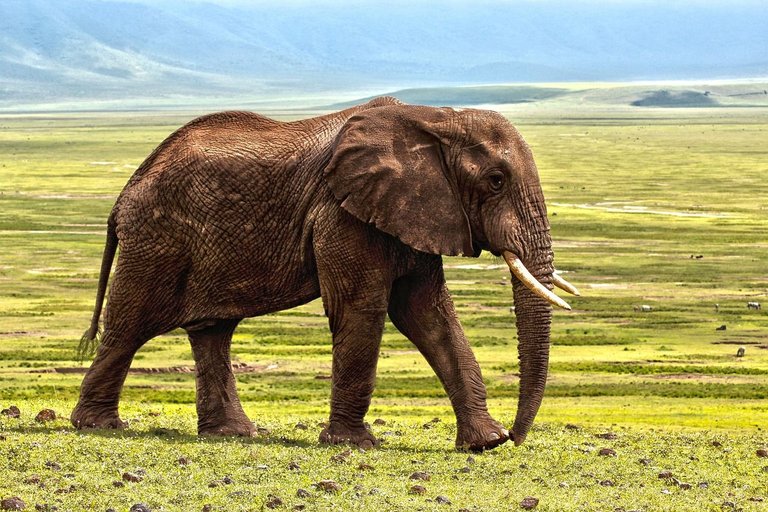The Zoo Entertainment or Exploitation?
Greetings everyone!
Let's have a picture of this. A school excursion to the University of Ibadan Zoo. The children are excited, some seeing a lion for the first time. “Is it real?” one whispers. The lion lies there, bored, yawning as if tired of life. The tour guide explains that it used to be more active years ago. The students laugh and move on. But I stood there, wondering: what’s going on behind that cage?

Zoos and wildlife parks are often presented as safe havens for animals, centres of education for the public, and places for families to bond. On the surface, they tick all the boxes. But when we scratch deeper, especially in a country like Nigeria where maintenance culture is as shaky as NEPA supply 😂, the picture starts to look grim.
Let’s be honest: most Nigerian zoos are shadows of what they were meant to be. Animals often live in poorly maintained cages, are fed with leftovers, and rarely receive proper veterinary care. The lion that once roared now limps. The ostrich that once danced now sulks in a dusty corner. Is this preservation, or punishment?
Many animals in zoos are stripped of the very thing that defines their freedom. A cheetah meant to run across the Serengeti now paces in a small enclosure barely the size of a volleyball court. It’s like putting Usain Bolt in a bathroom and asking him to train. Sure, he’s alive, but is he truly living?
Some may argue that zoos play a role in conservation. True, but that’s in theory and in places where there is accountability, funding, and real passion for wildlife. In countries like Kenya and South Africa, wildlife reserves are vast, animals roam semi-freely, and tourists are educated about conservation. But here in Nigeria, we sometimes reduce the experience to photo ops and snacks beside monkey cages. God will help Nigeria.
Think of Yankari Game Reserve. Once a pride of Nigeria’s tourism, now its glory is fading. Lack of funding, poaching, and low patronage have left the animals vulnerable and the system gasping for breath. It begs the question—are we really helping these animals, or are we just using them as tools for entertainment?
Some might ask, “But won’t they die faster in the wild?” Maybe. Life in the wild is dangerous. But so is a life of captivity without purpose. Isn’t a short, wild run better than a long, lifeless crawl?
Now, let’s not throw the baby out with the bathwater. There’s a place for zoos, if done right. Rehabilitation centres for injured or endangered animals, proper wildlife parks with enough roaming space, and educational programs that stir empathy, not pity, are all steps in the right direction.
Overall, I believe that wild animals deserve better than rusty cages and bored stares. Entertainment should not come at the expense of dignity. If we truly love wildlife, then let’s fight to preserve their natural habitats rather than turning them into background characters in our human drama. After all, as Nigerians say, “Even goat wey dey tied for compound go fight if e see freedom.”
Let’s choose freedom for our animals and enjoyment.
This post is in response to the #Hivelearners featured contest week 173 episode 3
I love, I care, and I forgive
I remain @peckypeace
God help our Nigeria, me I thought that I was the only one thinking in this direction, I have not even read other people's post on this topic.other country zoo are better than ours , so so here I say let them be free